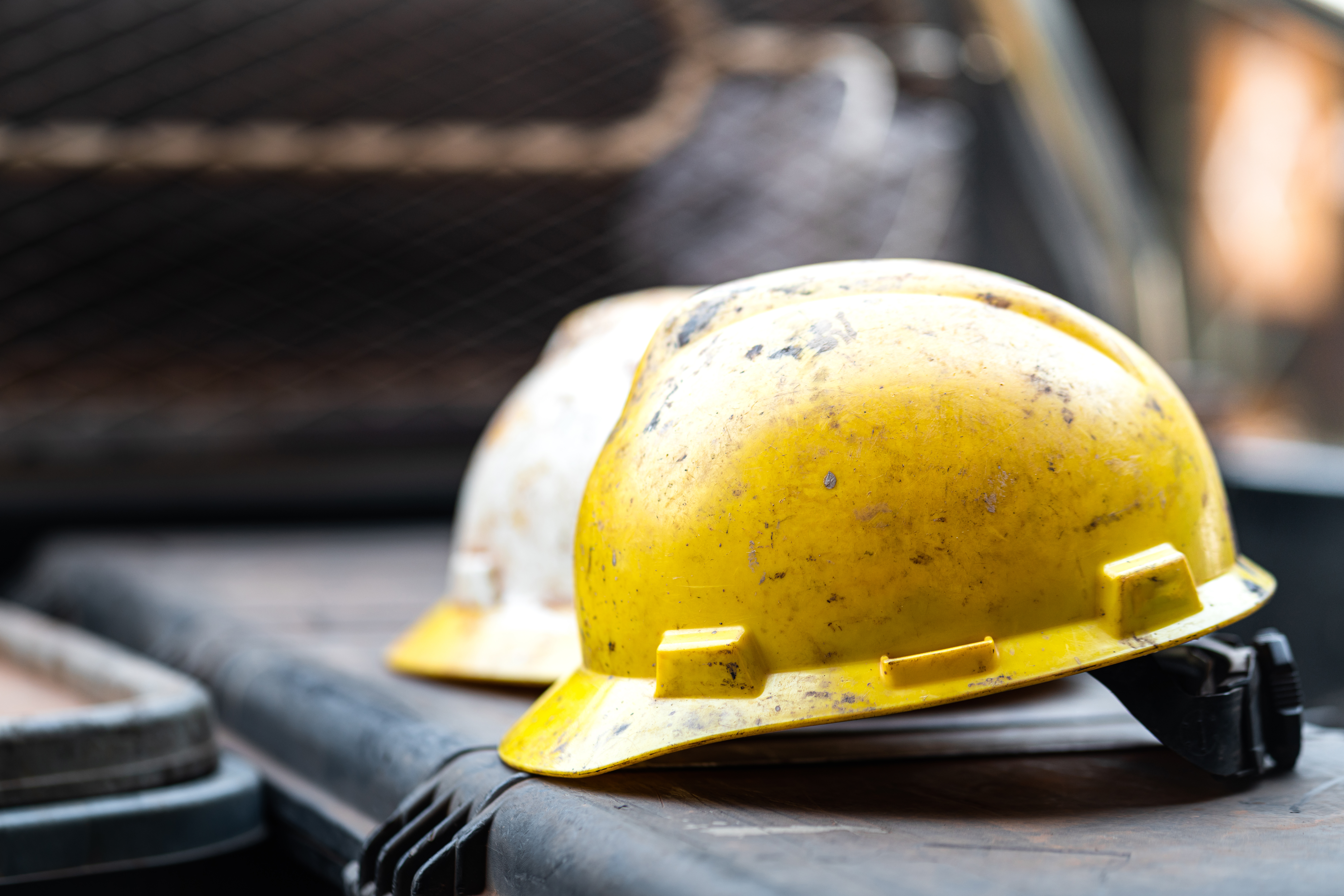
Where does the rainwater that hits our streets go? Most people never give it a second thought because it just “disappears” into the ground. If they do think about it, it is generally in the Fall, when we must keep catch basins (those grates at the side of the road that bicyclists need to avoid) clear of leaves to avoid flooding at intersections and in neighborhoods. Only the very rare resident ever wonders what is IN the water that drains into those catch basins.
Well, what’s in the runoff from our roads is nasty! There are oils, tire rubber and brake dust from cars and trucks, plus dirt, leaves, litter, and worms! And we have 28,000 catch basins and other structures that collect it – yes, that is not a typo!
Recently, I had the opportunity to see one of our Planning & Public Works (PPW) Maintenance and Operations (M&O) crews clean out the sludge from catch basins in Gem Heights. And since the best way to understand and appreciate work is by doing it, Gary and Tanna let me pitch in!
They wasted no time putting me to work cleaning out one of the 8,000-ish catch basins our M&O teams clean out each year. Just like cleaning the gutters on your house, some catch basins need cleaning every year and some rarely, depending on where they are. Our crews use a “Vactor” truck, a specialized piece of equipment that operates like a combination shop vac/pressure washer on steroids. But even with the Vactor truck, it still is a very physical job. Gary and Tanna routinely clean more than 40 catch basins a day for eight months a year. Pulling 40 grates a day makes me tired just thinking about it.
Naturally, you are now wondering, “Once we get this nasty stuff out of the catch basin and into our Vactor trucks, what do we do with it?” Watch the video to learn how we clean it.
Gary has been on a Vactor truck for 10 years and Tanna just under two years. I asked Tanna what the strangest thing she has seen in a catch basin thus far. Tennis balls are routine, and sometimes frogs need rescuing, but she also has seen cell phones and a basketball! She told me they get a lot of “thanks” when working in neighborhoods. I appreciate that some of our residents know cleaning catch basins is a “dirty job” and someone needs to do it!
Of course, it is not just Gary and Tanna. We have several teams doing this critically important work that keeps tons of pollutants, debris, garbage, and other gross stuff out of Puget Sound!
I’d like to thank Gary Bond, Mark Schumacher, Jeff Rudolph, and Tanna McCoy-Crozier for taking the time to show me and you this dirty, but very important, job in action.
Thanks for reading,

Bruce
